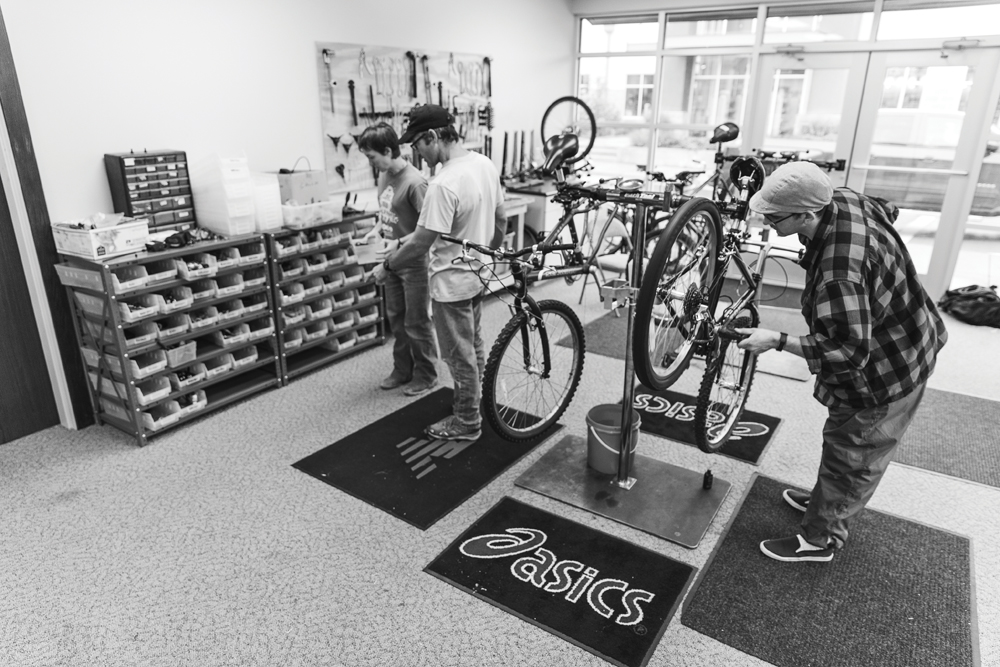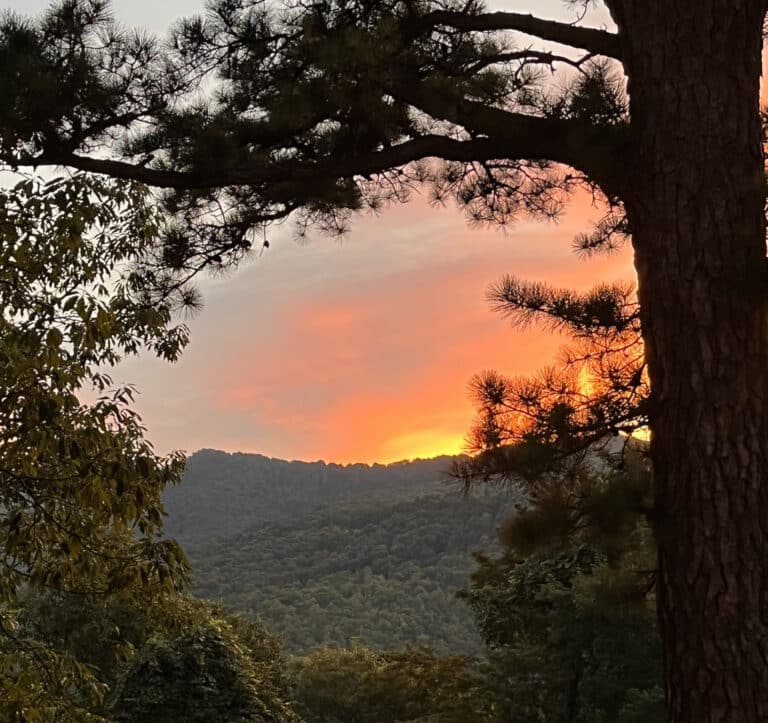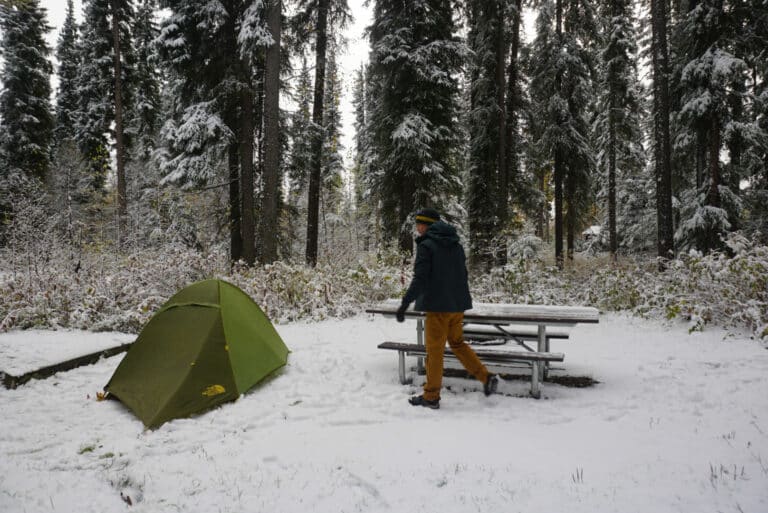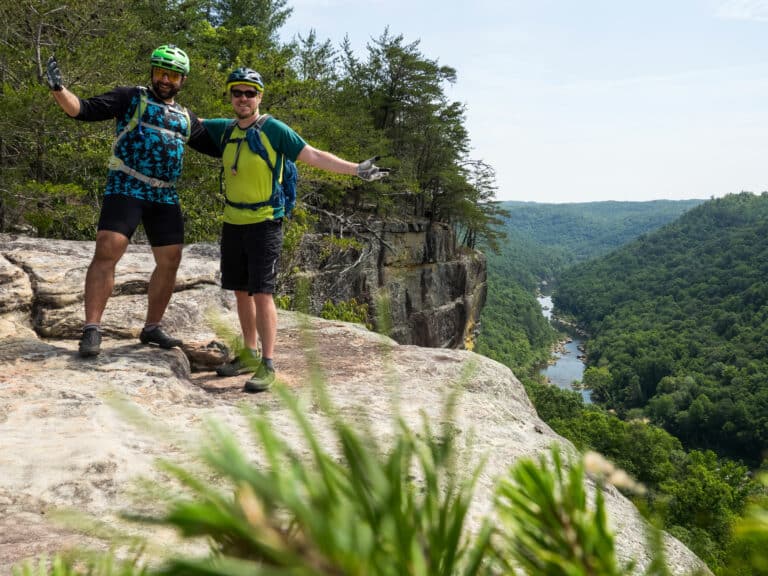In Harrisonburg, Va., bikes are helping sentenced juveniles find a new path.
In Harrisonburg, Virginia, when you’re a juvenile charged with a misdemanor, you end up in the courtroom of Judge David O’Donnell, a district court judge for the 26th Judicial District Juvenile and Domestic Relations District Court. Depending on the case, O’Donnell can dole out anything from a verbal reprimand to detention time, but more often than not, his sentencing falls somewhere in the middle.
“There’s a mixed bag of what causes this behavior,” he says. “Very often we find out [these juveniles] don’t have a lot of means, they don’t have a lot of direction, things in the home are challenging, and there’s nothing that really gives them a sense of accomplishment. We gotta think of new and different ways rather than just punishment to address that behavior.”
Enter (L)earn-a-Bike (LAB), a 16-hour community service program that offers court-involved youth the opportunity to not only learn how to fix a bicycle but to also earn one in the process. Founded in 2015 by Eastern Mennonite University alumni Ben Bailey (‘12), Tom Brenneman (‘92), and a host of other individuals and entities such as Harrisonburg Gift & Thrift (which donated the space LAB operates in) and the Virginia Department of Juvenile Justice, LAB falls uniquely into a class of its own based on the very nature of a bicycle.
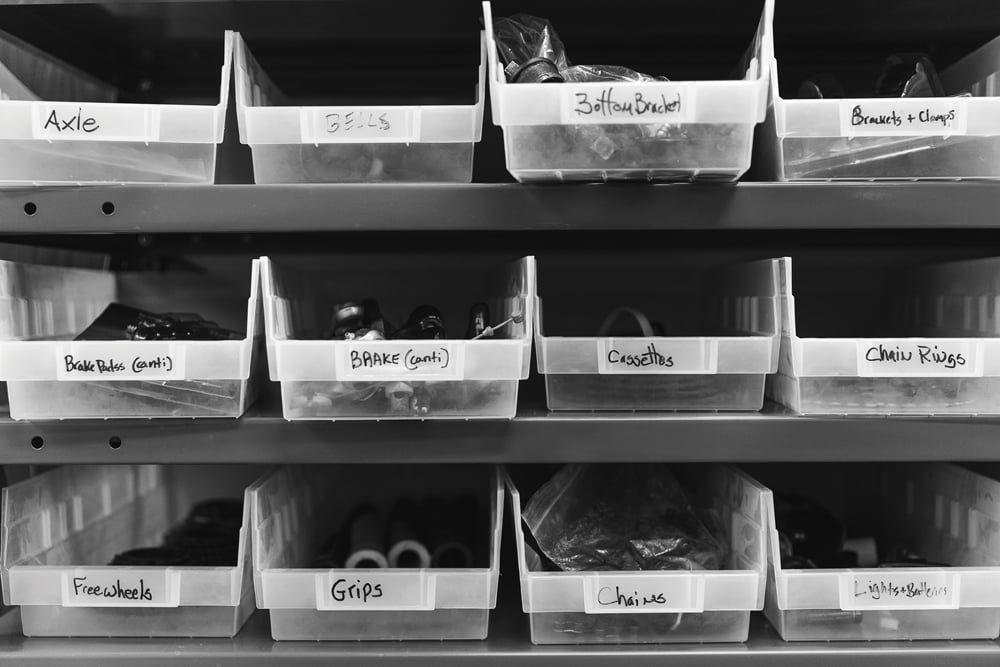
“It intentionally creates frustration,” says Matt Hassman, one of the LAB instructors who also has a background in wilderness therapy. “We’re using the bicycle as a metaphor for building self-efficacy. We allow them to make their own mistakes. There are kids who, if you tell them a stove is hot, they won’t touch it. Then there are kids that are going to need to touch the stove to understand what hot is. Some kids need to fail to learn something.”
“It’s really practical,” says Brenneman, who served as an early intervention officer for the Rockingham County court system when LAB was conceived. “This isn’t designed to be therapy. This isn’t designed to be punishment. It’s all about affirming the kid and listening.”
Now going into its fourth year, LAB—which is state funded through the Virginia Juvenile Community Crime Control Act (VJCCCA)—has served close to 100 juveniles with delinquency charges and status offenses ranging from larceny to truancy. Fittingly, the very first referral Judge O’Donnell sent to LAB was a juvenile charged with stealing a bicycle. Every session is intimate and personalized; on average, four kids make up each cohort. The 16 hours are divided into four-hour sessions on four consecutive Saturdays, which culminates in the participant either receiving or gifting the bike they have been working on.
“This isn’t designed to be therapy. This isn’t designed to be punishment. It’s all about affirming the kid and listening.”
Tom Brenneman, (L)earn-a-bike founder
Because LAB shares a building with Bikes For Refugees, many of the program’s graduates donate their bicycles to refugees in need. This embodies the beauty of an alternative like LAB, Brenneman says. In a city that has one of the most diverse high schools in the state of Virginia—more than 50 languages are spoken and 70 countries represented in a student body of 1,700—it can be hard to establish connections. LAB allows youth an avenue for navigating that sense of belonging.
“You can have a kid from Fallujah, Iraq, settled here under specific terms from the Department of Defense for asylum, who comes with all of these embodied trauma dynamics from a war-torn situation, become court involved for a variety of issues, somehow find his way to (L)earn-a-Bike, and in the course of it give a bike to a refugee. That comes full circle. That’s community service.”
“We’re such a diverse community. These kids come from all different types of backgrounds,” adds Judge O’Donnell. “It’s a real melting pot around here. [Through (L)earn-a-Bike], these kids get to identify with others and understand that maybe what they hear about certain types of people is not necessarily true.”
Community members interested in supporting LAB can sign up to become an instructor, which is a paid position funded through the VJCCCA grant. Bike parts and bicycles can be donated directly to the program. The public can also make a tax deductible donation to Harrisonburg Gift & Thrift, which itself has a longstanding history of offering community service options for both youth and adults in the court system. Despite the Gift & Thrift’s association with the Mennonite Central Committee, Brenneman says the 501(c)(3) non-profit is completely secular and supportive of everyone.
“It’s not about proselytizing or evangelism,” he says. “It’s about the evangelism of the bike.”
Visit learnabike.org to learn more about how you can help.
